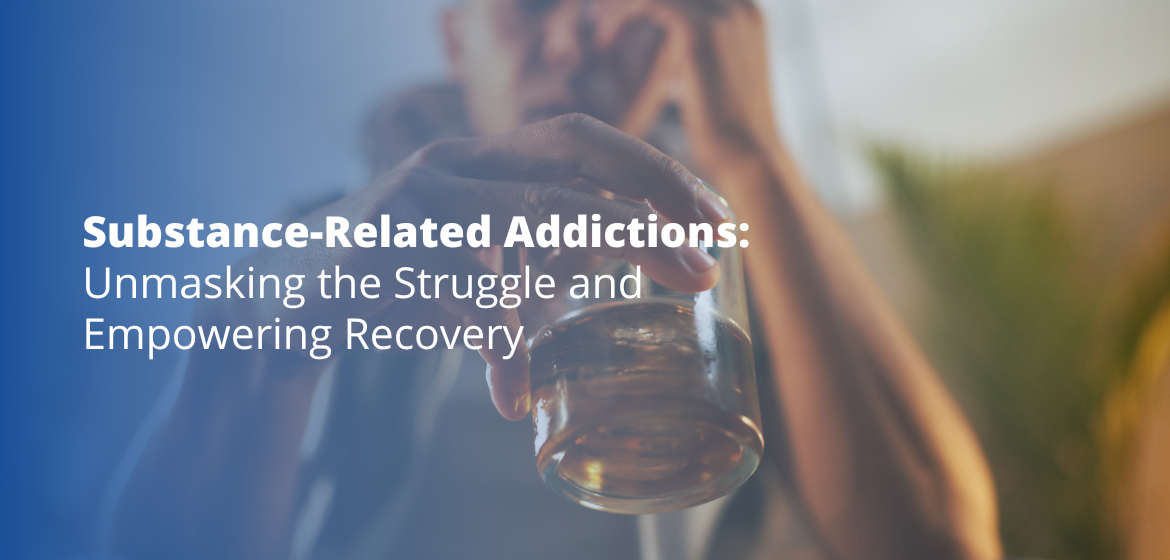
Substance Related Addictions: Unmasking the Struggle and Empowering Recovery
Substance-related addictions, often called substance use disorders (SUDs), are a complex web of physical and psychological dependencies on mood-altering substances. These can range from everyday items like alcohol and nicotine to illicit drugs like heroin and cocaine. Understanding this complex issue is the first step towards effective support and intervention. This article provides a foundational understanding of these addictions.
The Devastating Impact of Substance-Related Addiction
Addiction is far more than just habitual use. It’s a compulsive craving despite devastating consequences, impacting every facet of life:
- Health: Organ damage, weakened immunity, and chronic diseases are just some of the physical tolls of long-term substance abuse.
- Mental Well-being: Addiction often intertwines with depression, anxiety, and psychosis, creating a vicious cycle of suffering.
- Relationships: Broken trust and unpredictable behaviour strain relationships with family and friends.
- Finances: The cost of addiction can lead to job loss, crippling debt, and even homelessness.
- Legal Troubles: Substance-related crimes carry severe legal consequences, impacting futures.
The Science Behind the Struggle
Addiction hijacks the brain’s reward system. Drugs flood the brain with dopamine, creating a false sense of well-being. Over time, the brain needs more of the substance to achieve the same effect (tolerance), leading to physical dependence and painful withdrawal symptoms.
A Look at Common Substances
Understanding the specific dangers of different substances is crucial:
- Alcohol: This depressant can damage the liver, and heart, and increase cancer risk.
- Nicotine: Highly addictive, nicotine fuels respiratory illnesses and heart disease.
- Opioids (heroin, prescription painkillers): These powerful painkillers carry the risk of overdose and agonising withdrawal.
- Stimulants (cocaine, methamphetamine): These create a false sense of energy but can lead to heart problems and psychosis.
- Cannabis: While often downplayed, cannabis can lead to dependence and mental health issues, especially in young people.
Hope for Recovery: A Path Forward
Recovery is challenging but absolutely possible. It often involves a combination of:
- Detoxification: Medically supervised withdrawal management.
- Therapy: Addressing the root causes of addiction and developing coping skills.
- Support Groups: Connecting with others in recovery for shared strength and understanding.
- Medication: Managing cravings and withdrawal symptoms.
Ready to Make a Difference? Take the Next Step:
This overview has just scratched the surface of substance-related addictions. If you’re compelled to learn more about supporting individuals struggling with addiction, or perhaps even considering a career in this field, we encourage you to explore our in-depth courses. Gain the knowledge and skills to make a real impact.
Discover our comprehensive addiction-related courses today






















